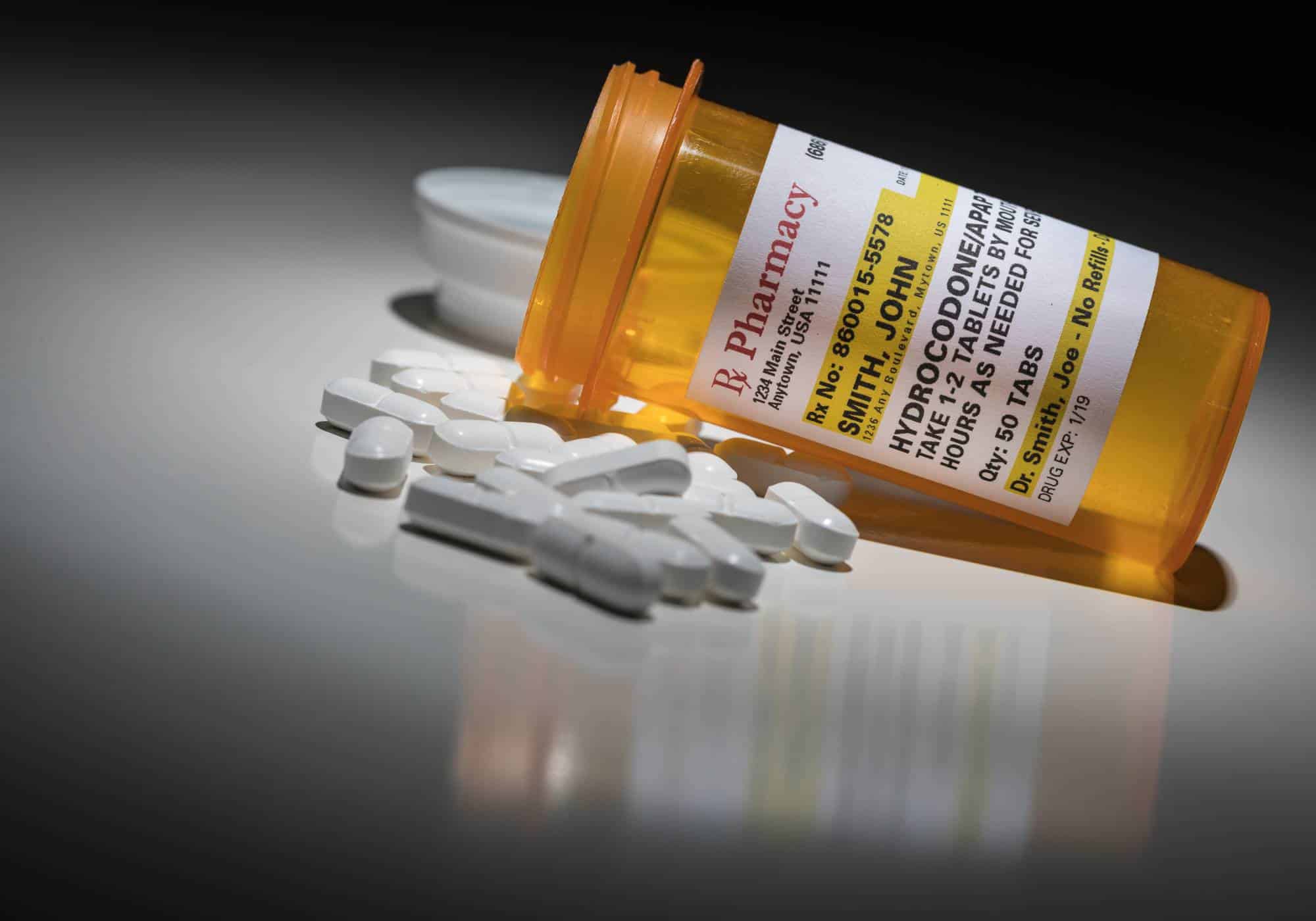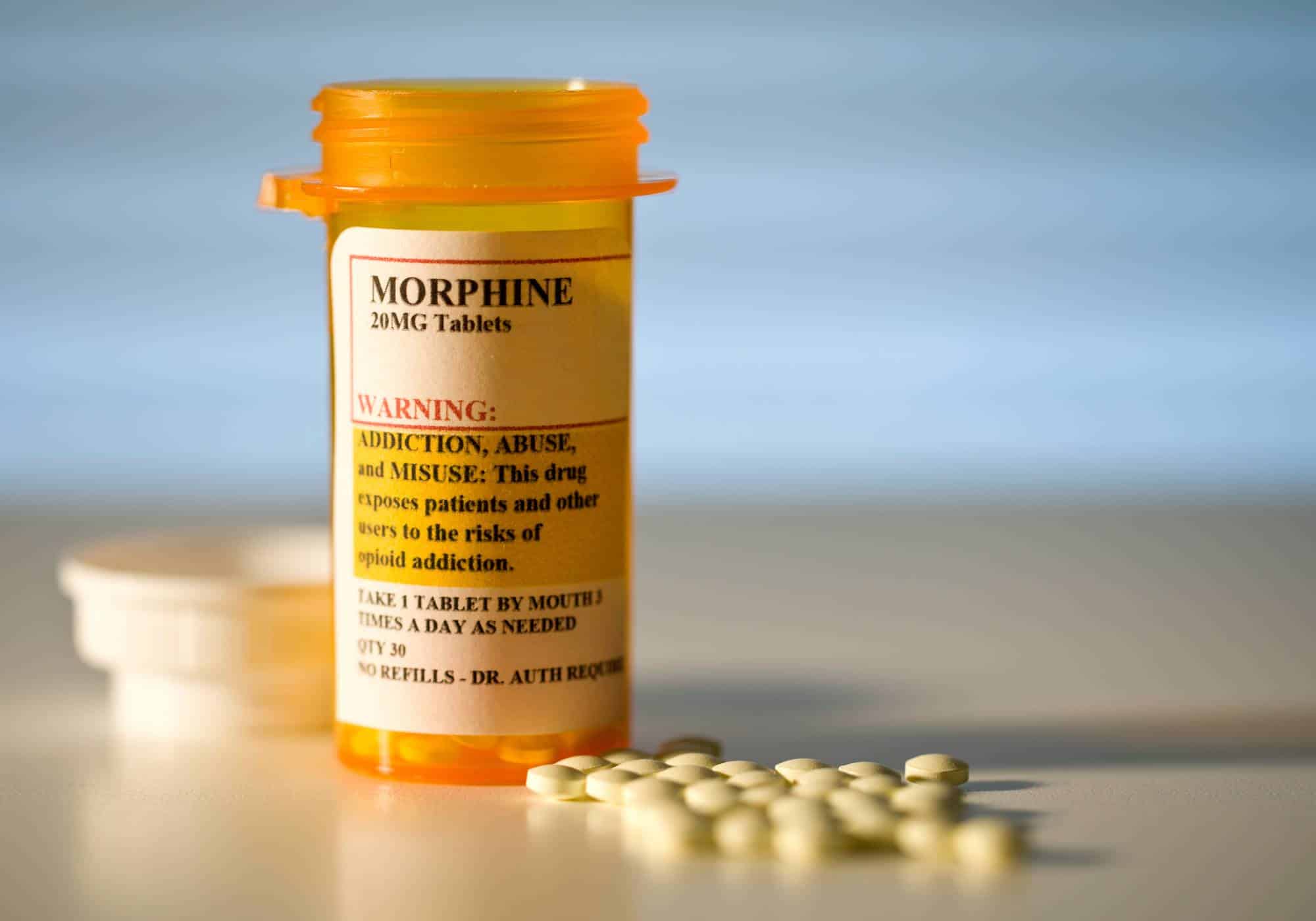Self-Reflection
People struggling with addiction – be it in alcohol, drugs, and more – know that taking the first step to recovery is often the hardest. Finding the flow to keep on moving forward can be a slow and winding process, especially when there are temptations that are serving as roadblocks to your journey.
The road to sobriety will surely be a bumpy ride, but there are ways to fuel your determination and inspire you to look ahead. However, before you can see what’s beyond the horizon, you first need to look toward yourself. Self-reflection may seem easy to some, but it’s often a challenging activity for many since it introduces you to your past traumas and the root behind your addiction.
With that in mind, the simple tips below should help you get started on your self-reflection and hopefully set you in the right direction:
Tip #1: Identify Your Emotions
Dealing with addiction can be messy and drop you into a whirlwind of emotions, so the secret to controlling them is understanding what you feel. Different activities help you identify your emotions and keep them from spiraling out of control – be it journaling, therapy, art, meditation, exercise, yoga, and more.
These activities help you find your center, which keeps your strong emotions from overpowering your mind. In between these relaxing activities, draw out your feelings by asking the following:
- What are the different emotions I am feeling right now?
- What thoughts, scenarios, people, things, or places do I imagine when associating this feeling?
- Do I have judgments on my own feelings?
- Do I feel the need to suppress my emotions? Why or why not?
Tip #2: Accept Your Emotions
After identifying your emotions and their trigger points, the next best course of action is to process them thoroughly. Your emotions – whether irrational or not – are often rooted in your needs.
Failing to achieve your goals can lead to a spark of anger, frustration, and disappointment, so accepting these feelings can be a powerful way to accept who you are now. When you find yourself overwhelmed by your emotions, practice slow breathing to help you calm and hush down your anxious-driven thoughts
Tip #3: Create Actions That Would Help You Move On From Your Feelings
Once you accept your emotions, it’s time to think of realistic ways to take action and move on from it. You can do so by identifying your needs, understanding your values, and setting boundaries that you and others need to learn to respect.
Some of the questions that can help you address your feelings include the following:
- Am I misunderstood, angry, lonely, disrespected, or unheard? Why do I feel this way?
- Did anyone violate my privacy or boundaries in any way?
- Am I experiencing distorted thinking? What is my thinking process?
- What am I doing to add or relieve the distress I am feeling?
The Bottom Line: Taking The First Step In Your Road To Recovery
Moving forward from your addiction never happens overnight, but finding the courage to accept your faults, tendencies, and triggers can do wonders in setting you toward the right path. You don’t have to unlearn your bad habits alone, especially with our team at Hope Harbor Wellness.
Our professionals can provide personalized rehabilitation programs in Hiram, Georgia, one that understands the pain and temptations you need to overcome in your journey. We’re in recovery too, and we aim to guide you through yours. Get in touch with us to see what we can do to help break down barriers and give you unwavering support every step of the way.












